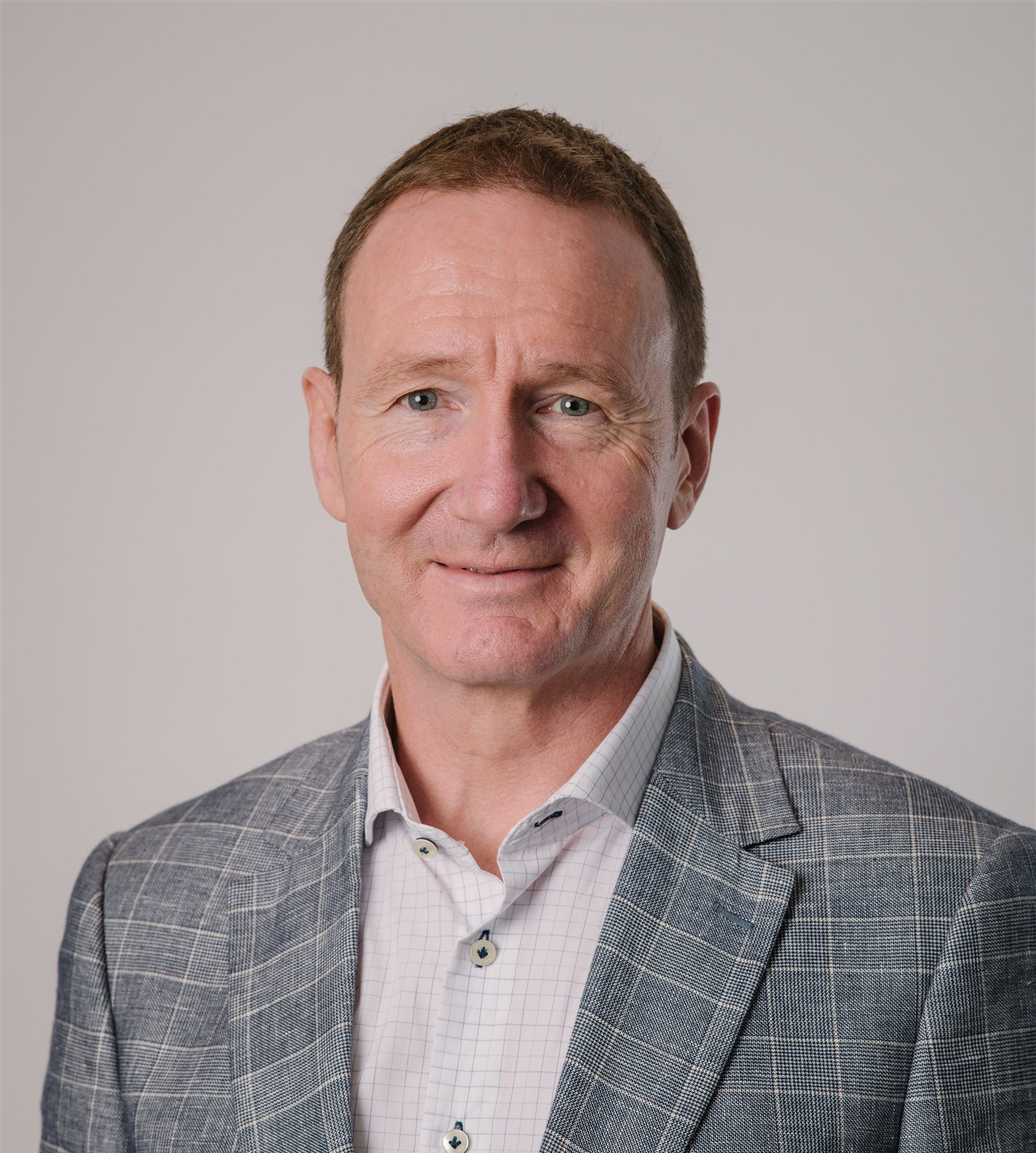Who was not gripped by the Federal election on Saturday?
The winner, of course, was the democratic process; the Labor Party re-elected with a majority with most voters believing they are best placed to solve the current challenges Australia faces.
Whatever your opinion about who won and who lost, it’s clear that much of the government’s agenda closely aligns with what SVA stands for and is seeking to achieve.
Whilst the parliamentary majority gives the Labor Party licence to be bolder in this second term, the country faces a set of challenges which may curtail ambition in the face of pragmatism:
- The rising cost of living is putting communities under unprecedented pressure, with the most disadvantaged struggling to keep a roof over their heads and food on the table.
- An ageing population, dispersed across Australia, has increasing health and care needs, while a younger population struggles to get a foothold in the employment and housing market.
- A fiscal outlook that will limit expansive spending to support people in greatest disadvantage.
- The effects of global economic and political uncertainty from which Australia is not immune.
Business as usual may no longer be fit for purpose.
An innovative approach to public policy – and particularly care services – will be needed to address some of the most pressing issues facing all Australians.
Housing
Economists agree that housing supply remains the core challenge facing Australia, and despite multiple investments, it is proving too slow, and expensive. Labor has committed to building up to 100,000 new homes for first time buyers, but social housing for low-income groups, including older women, those with specialist needs, and young people at risk of homelessness are in short supply and well below demand.
SVA has worked with private investors and community housing providers to pioneer affordable and specialist housing solutions, such as Aspire Social Impact Bond and Synergis Fund, that can ease the burden on those most at risk of falling through the cracks. The Albanese government should continue to work with state and territory governments to unlock funding and accelerate new community housing projects, while applying learnings from existing experience.
Early childhood
Currently, too many young children are missing out on vital, high-quality early years supports, which has a significant impact on their early development and lifelong outcomes. The Albanese government is committed to building a universal early learning system, and the removal of the activity test earlier this year was a major milestone in supporting access to early learning for children and families who are struggling. Continuing action is needed to remove remaining barriers to access, as well as accountability mechanisms to help make sure those children who have most to benefit do receive high quality learning and care.
Election commitments promise to deliver Early Childhood Hubs in childcare deserts. Hubs offer a single point of entry to services to better meet the needs of young children and families. It is critical that these are established in communities of highest need, build on existing community and service strengths, and with adequate funding to deliver sustainable, quality early education, health and family supports.
Fair Markets
The non-profit sector is under pressure. Not only is the cost of business rising, such as insurance and rent, but they are too often being asked to do more, with less, in communities that have few alternative social and care services nearby. This government is right to seek more efficient means to meet those needs, but it should not come at the expense of sector organisations’ ability to deliver, or a dwindling choice for Australians. A thriving non-profit sector is crucial to the future wellbeing and productivity of Australia.
Exploring innovations – such as digital technology to deliver services remotely – and finding economies of scale within the sector – including strategic mergers, where this benefits both organisation and client – will be critical to ensure needs continue to be met effectively, regardless of location. But the government will also need to adjust policy and funding settings – including for example how indirect costs are met – so not-for-profit organisations remain financially viable and can keep helping those who need it most.
The issues above are cut through with broader challenges such as a workforce appropriately skilled and supported to deliver on electoral promises – whether building houses or growing minds.
The government has been sent a strong message from people across Australia that its commitments are welcome: delivering on them will require new approaches. At SVA, we thrive on solving complex challenges. Working hand-in-hand with our partners, we seek new and adaptive solutions that will have long-lasting future. ‘Too hard’ is no excuse.
We look forward to putting our innovative ideas to work.








